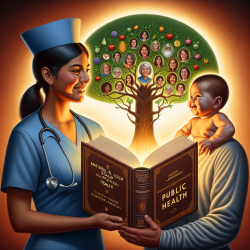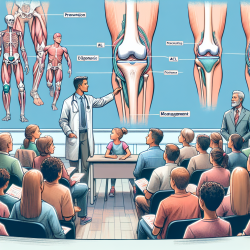Understanding the New Challenges in Emergency Departments
Emergency Departments (EDs) worldwide are increasingly facing unprecedented challenges due to global conflicts, pandemics, and natural disasters. A recent study, "Emergency Departments: Preparing for a New War," highlights the critical need for emergency physicians (EPs) to adapt and enhance their skills to manage these evolving situations effectively.
The Impact of War on Emergency Departments
Historically, wars have necessitated the active involvement of civilian surgeons and EPs due to the surge in casualties. The current conflict in Ukraine exemplifies how EDs must adapt to overwhelming patient volumes, severe injuries, and shortages of medical supplies. The study emphasizes that EPs near conflict zones face unique challenges, including managing refugee health, chronic medical conditions, and mental health issues among healthcare workers and civilians.
Key Skills for Practitioners
Practitioners can enhance their skills by focusing on the following areas:
- Trauma Care: Understanding battlefield trauma care is crucial. EPs should be trained in managing complex injuries such as shrapnel, burns, and blast wounds, which are common in war zones.
- Resource Management: Efficient management of limited medical supplies and resources is vital. EPs should be prepared to make difficult decisions regarding resource allocation.
- Mental Health Support: Addressing mental health challenges among healthcare workers and patients is essential. Training in recognizing and managing PTSD and stress-related disorders is necessary.
- Public Health Preparedness: EPs should be equipped to handle public health emergencies, including disease outbreaks and food shortages, which often accompany conflicts.
Encouraging Further Research and Training
The study underscores the importance of continuous research and training to prepare for future challenges. Practitioners are encouraged to engage in targeted medical conferences and seminars focusing on war injury management and skills. Collaboration with international organizations, such as the Red Cross, can provide valuable insights and training opportunities.
Conclusion
As the world faces new and complex challenges, it is imperative for emergency departments to adapt and enhance their skills. By focusing on trauma care, resource management, mental health support, and public health preparedness, practitioners can better serve their communities in times of crisis.
To read the original research paper, please follow this link: Emergency Departments: Preparing for a New War.










